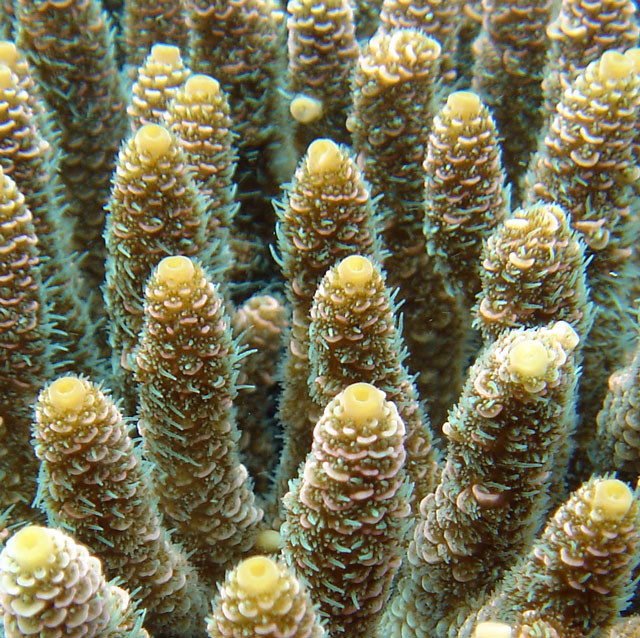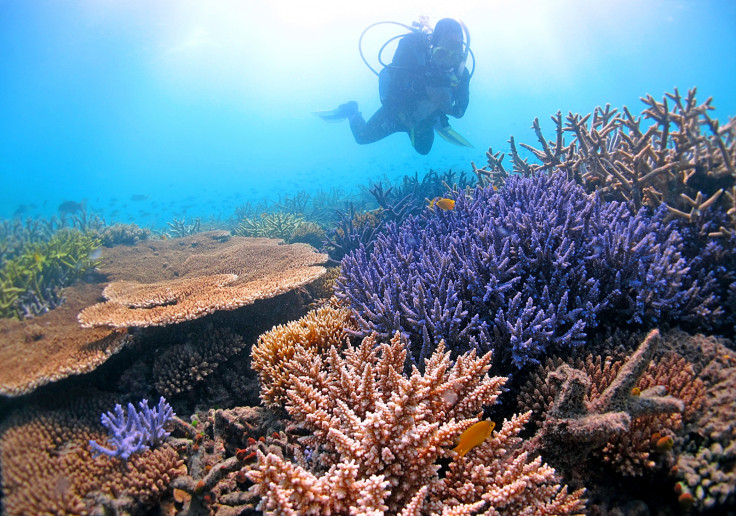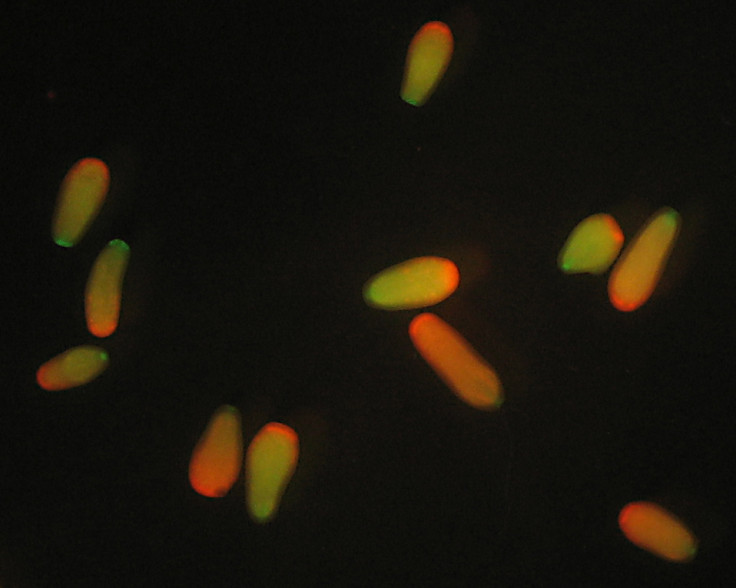Great Barrier Reef: Evolutionary 'genetic rescue' means corals are adapting to global warming

Corals are adapting to global warming through an evolutionary "genetic rescue", whereby their heat-tolerant DNA is passed on to the next generation.
A team of scientists from the University of Texas at Austin, the Australian Institute of Marine Science and Oregon State University have found Acropora millepora can pass on its tolerance for heat to subsequent generations – a finding that could boost reef survival in the future.
Coral health as a result of global warming is a subject of much concern for scientists and environmentalists. Previous studies have shown climate change-related issues such as ocean acidification has a major impact on corals, while beaching can cause widespread coral death because of the loss of algae they depend upon.
Some corals have been found to a higher tolerance for elevated temperatures, but why this is no one knows.

Published in the journal Science, the researchers crossed corals from the warmer areas of Australia's Great Barrier Reef with those from cooler latitudes, around 300 miles to the south. The A. millepora corals' larvae were exposed to increasingly warm temperatures for long periods of time and researchers then analysed the genes of the individuals that survived.
Findings show the more heat tolerant corals from the north, where temperatures are about 2C warmer, produced larvae that were 10 times more likely to survive heat exposure than those from further north.
However, when the corals from the two locations were crossed, the team found the corals from the north could pass on their heat tolerance to their offspring. They then identified the biological process responsible for heat tolerance and showed this trait could evolve rapidly because of existing genetic variation.

The authors suggest population declines of reef-building corals could be avoided through the evolutionary process of "genetic rescue" by exchanging the heat-tolerant genotypes across latitudes. "Two genomic regions strongly responded to selection for thermal tolerance in interlatitudinal crosses," they said.
"These results demonstrate that variation in coral thermal tolerance across latitudes has a strong genetic basis and could serve as raw material for natural selection."
Study author Mikhail Matz said: "Our research found that corals do not have to wait for new mutations to appear. Averting coral extinction may start with something as simple as an exchange of coral immigrants to spread already existing genetic variants.
"Coral larvae can move across oceans naturally, but humans could also contribute, relocating adult corals to jump-start the process.
"This is occasion for hope and optimism about coral reefs and the marine life that thrive there."
© Copyright IBTimes 2025. All rights reserved.






















